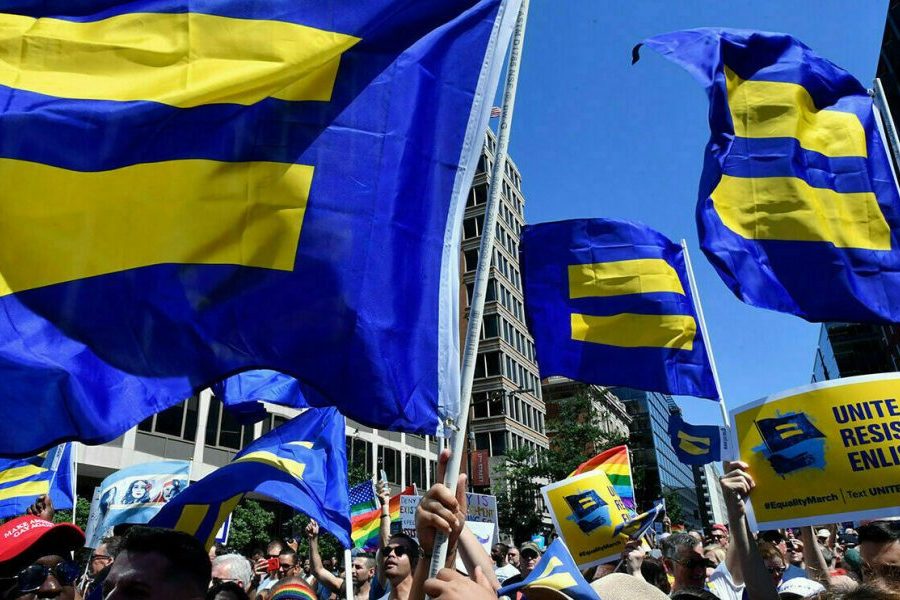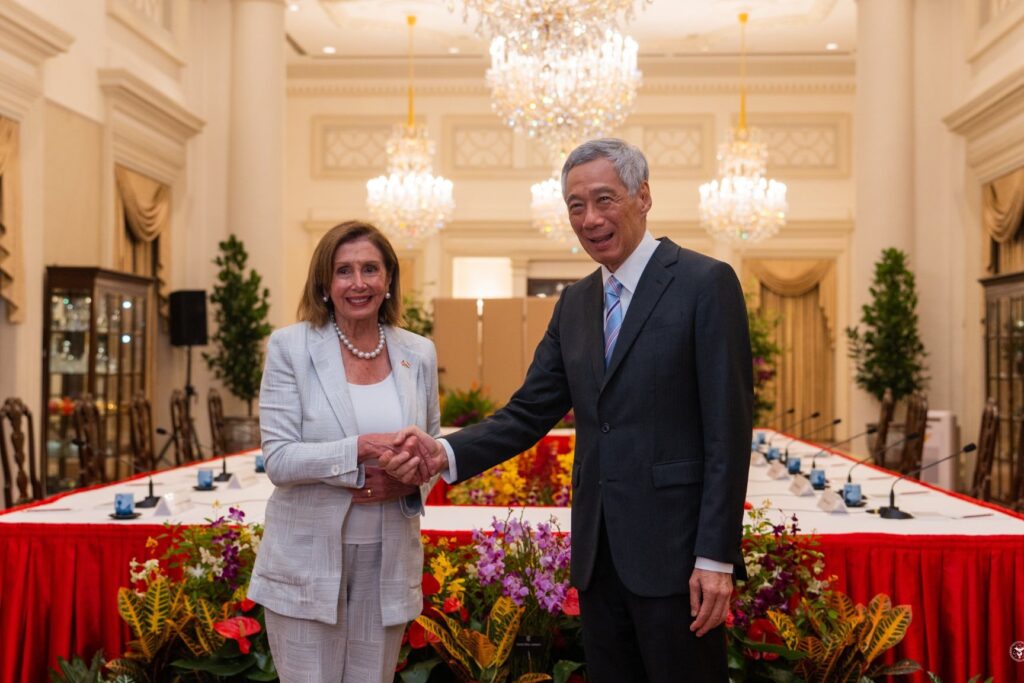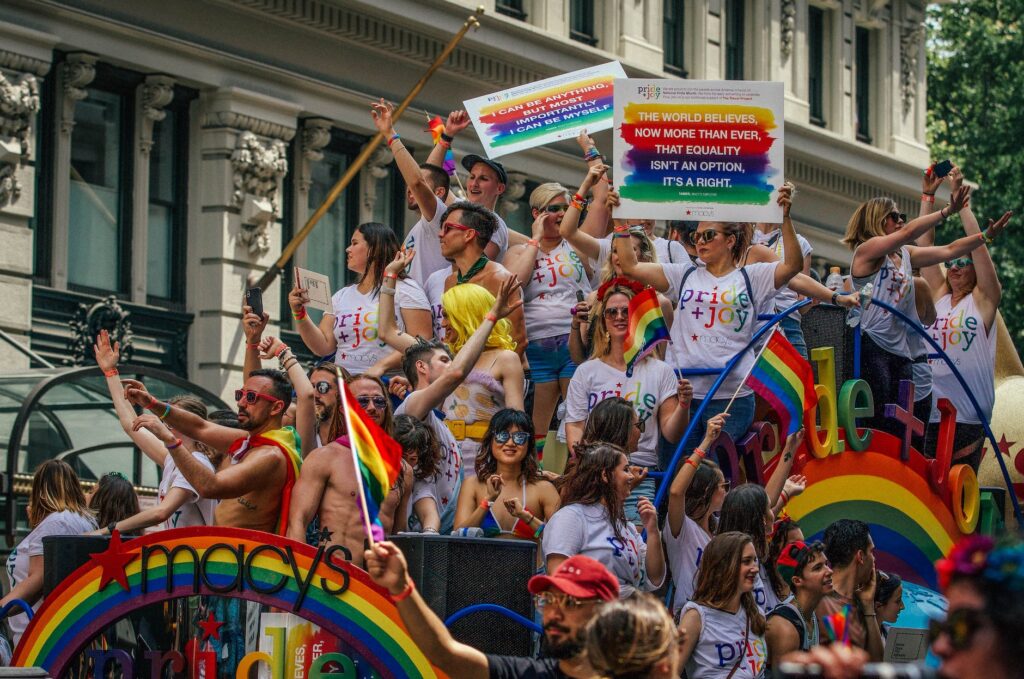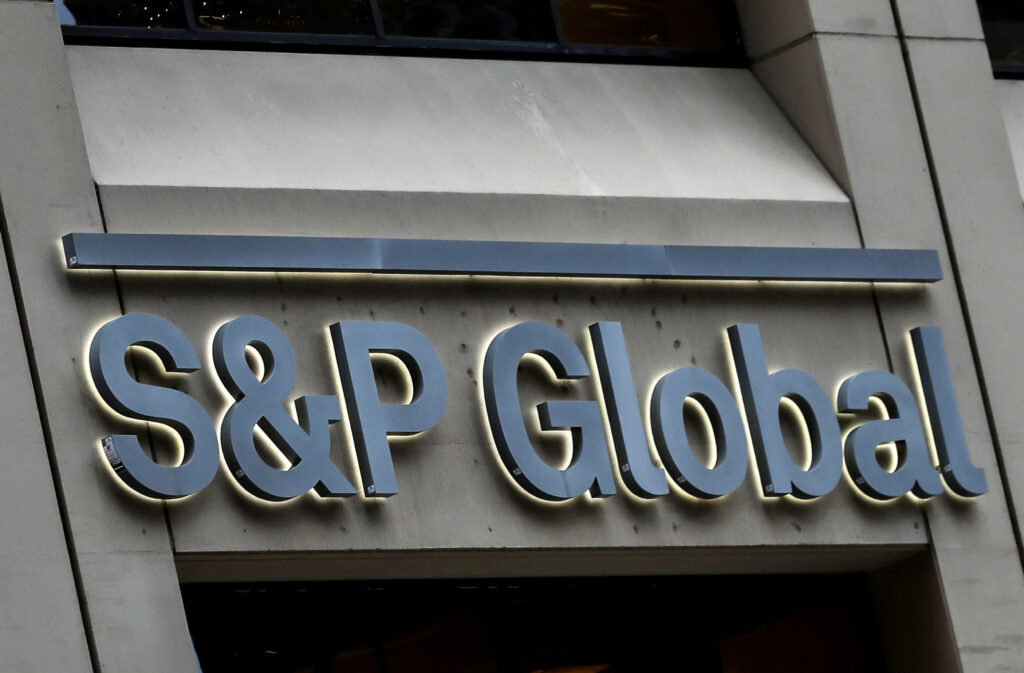Advocacy groups demand changes to company policies that clash with the needs of other affinity groups.
Overview

HRC pressures MNCs to comply with LGBTQ ideology
The Human Rights Campaign (HRC) in the United States exclusively focuses on pressuring businesses to adopt LGBTQ ideology in company policies. They grade companies for this using their “Corporate Equality Index”.
In 2023, 173 Fortune 500 companies got a perfect score and 77% of Fortune 500 companies offer “transgender-inclusive” benefits like gender reassignment insurance coverage [1].
When multi-national companies (MNCs) enforce LGBTQ ideology as company policy, overseas branches also experience the trickle down effect to conform. Since Singapore is home to 5,500 American companies [2], the work culture in Singaporean offices is vulnerable to these changes.
We examine the implications of HRC’s activism on American companies in Singapore.
Corporate Equity Index Criteria 2: Inclusive Benefits
“The HRC Foundation rates and gives guidance on two key components of equal health insurance benefits:
– Parity between benefits available for employees’ spouses and partners; and,
– Affirmative transgender-inclusive healthcare benefits and removal of all broad exclusions to coverage across plan offerings.” [3]
This policy means that companies must recognise any union as equal, not only natural marriage, but also homosexual unions and other permutations. Insurance coverage for employees’ dependents must therefore extend to same-sex partners.
Employers must also extend insurance coverage for “routine care, hormone therapies, and medically necessary surgeries” as “transgender-inclusive healthcare benefits“. Short-term leave for procedures and “mental healthcare coverage” is also expected in this component.
Corporate Equity Index Criteria 3: Supporting an Inclusive Culture
“Some of the most common forms of LGBTQ+ inclusion efforts are:
– Diversity training programs such as new hire, manager, and professional development training;
– LGBTQ+ metrics through self-identification programs;
– Performance evaluation mechanisms for senior leadership; and,
– Integration of intersectionality in professional development, skills-based or other trainings” [4]
Diversity and skills-based training in this context implies enforcing the affirmation of LGBTQ ideology. This might include affirming transgender identities and silencing disapproval of same-sex unions.
Performance evaluation for senior leadership means grading corporate leadership for adherence to LGBTQ ideology. These may include “Policies such as; inclusive dress codes, transgender inclusive restroom and facility policies, and procedures that allow employees to display their chosen name and display their pronouns in directories.”
This may result in biological men being allowed to use women’s restrooms, which endangers women’s spaces in Singapore. By encouraging adoption of preferred pronouns and transgender ideology, foreign companies are shifting the political culture in Singapore.
The power differential between employers and employees makes it difficult for employees to speak up for their values when they disagree on this issue, causing a chilling effect within Singapore’s culture.
Corporate Equity Index Criteria 4 – Corporate Social Responsibility
“Marketing, advertising and sponsorship efforts as well as;
– LGBTQ+ specific recruiting efforts
– Philanthropic contributions
– LGBTQ+ supplier diversity programs; and,
– Public policy weigh-in.
– LGBTQ+ inclusive products and services” [5]
Affirmative action in hiring sidelines the meritocratic process to offer unfair advantages to certain identity groups.
HRC also encourages “Corporate giving to organizations promoting LGBTQ+ health, education or political efforts“.
HRC also penalises companies that give to “any organization whose explicit mission included efforts to undermine LGBTQ+ equality“. This includes organisations that oppose same-sex marriage and LGBTQ ideologies in public policy.
The result is that MNCs’ corporate giving in Singapore will shift toward organisations that want to change social norms to adopt LGBTQ ideology.
MNCs should also “ensure that the procurement process includes specific opportunities for… LGBTQ+ owned businesses” and “Supplier/Vendor Standards Include LGBTQ+ Nondiscrimination“.
Such policies discriminate against local companies that do not adopt LGBTQ ideology, further adding pressure to local businesses to compromise on values.

UN recommends code of conduct to pressure businesses to adopt LGBTQ ideology
The United Nations (UN) uses the language of Human Rights to label people who disagree with LGBTQ ideology as discriminatory, and group them with perpetuators of actual violence.
The code says [1]
- “Companies should develop policies to meet their responsibility to respect human rights, expressly including the rights of LGBTI people.“
- “Companies should use their leverage to influence and change discriminatory policies and practices of business partners or suppliers who discriminate against LGBTI persons.“
However, what counts as discrimination? UN Free and Equal states that non-discrimination includes:
“Enact laws to facilitate legal recognition of a person’s preferred gender without requiring sterilization, gender reassignment surgery or any other medical procedures or treatments to be carried out. Repeal laws that require sterilization of people who have sex reassignment surgery.“
“Ensure that law enforcement, healthcare, education, judiciary and other service sector personnel are sufficiently trained to be able to ensure equal treatment of LGBT persons.“
List of policy changes listed by OHCHR:
- “Companies should use their leverage to influence and change discriminatory policies and practices of business partners or suppliers who discriminate against LGBTI persons.“
This means that businesses should be discriminated against if they do not adopt LGBTQ ideology as company policy.
- “Companies should train staff and in particular, managers, to raise awareness of human rights concerns faced by LGBTI people and ensure that they are aware of their responsibility under company policy to respect and uphold the rights of LGBTI people, including colleagues.”
This training likely includes the enforcement of LGBTQ ideology among staff to ensure conformity.
- “Companies should extend the same benefits to partners, spouses, children or other dependents of staff members, regardless of sexual orientation, gender identity and expression, or sex characteristics.”
This means that companies should insure same-sex partners, even if it violates the conscience of business owners.
- “Companies should adopt policies for trans inclusion, including recognizing the gender identity of trans staff, customers and other stakeholders based on the self-identification of the person, regardless of whether this is reflected in official documents. This also includes establishing policies that require company staff to respect the name, pronouns, terms and gender used by the person concerned.“
This means that staff will be required to use preferred gender pronouns and opposite-gender name as part of company policy.
- “Companies should adopt policies to support and protect the rights of trans staff who are transitioning, including those relating to modification of company records, and provide training and guidance to managers and colleagues in respect to gender identity and expression.“
This means that company leadership should be trained to affirm gender identity and expression to accommodate the transgender lifestyle.
- “Companies should ensure that gender affirming surgery, treatment and support are covered by company health insurance policies. Other important aspects of trans inclusion include safe and non-discriminatory access to bathrooms and other single-sex facilities for trans people, and nondiscriminatory dress codes.”
This means that companies should pay for insurance that covers gender reassignment surgery, treatments like cross-sex hormones and support like mental healthcare services.
- “PUBLIC ADVOCACY – Companies should communicate their policies effectively in appropriate contexts”
This means that companies should broadcast their affirmation of the LGBTQ ideology in public.
- “QUESTION & DELAY IMPLEMENTING ABUSIVE ORDERS – Companies should take every available legal step to question, challenge, delay, and resist implementing government orders that might lead to human rights violations, including human rights violations against LGBTI people.”
This means that companies should defy governments that resist LGBTQ ideology.







